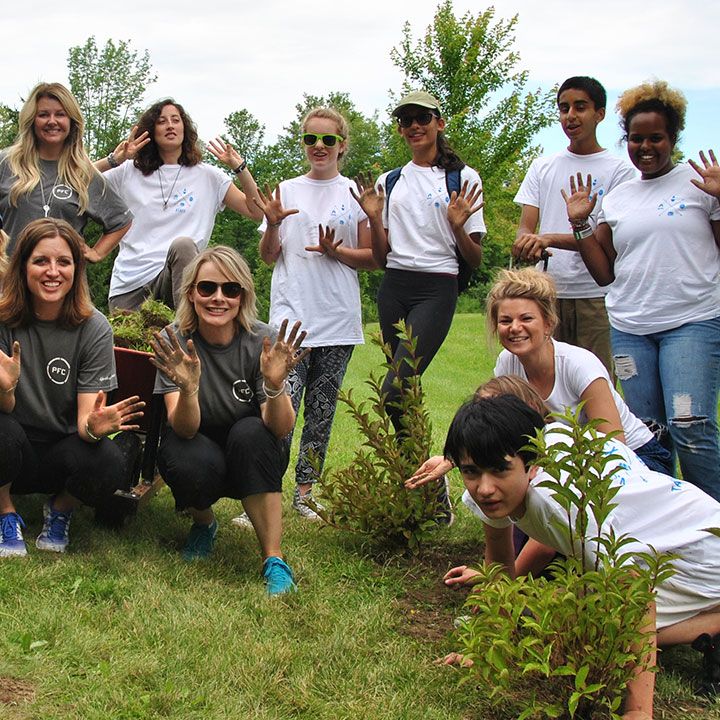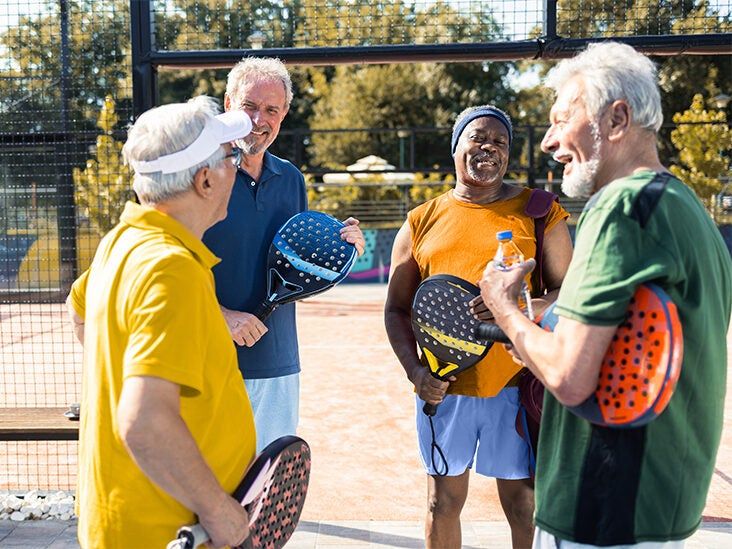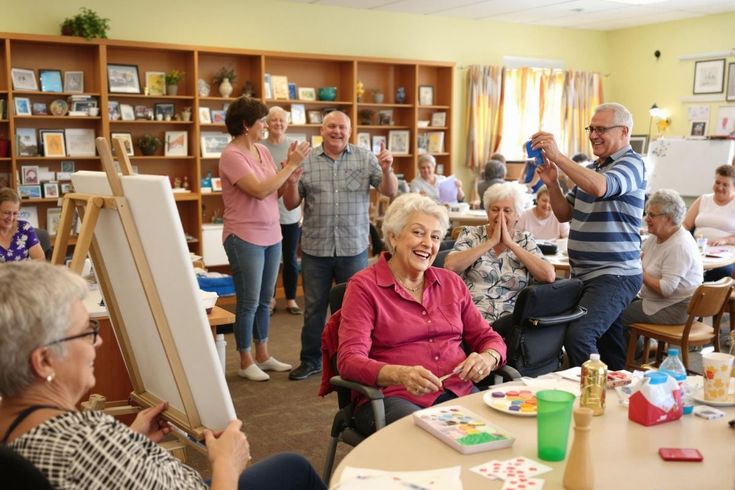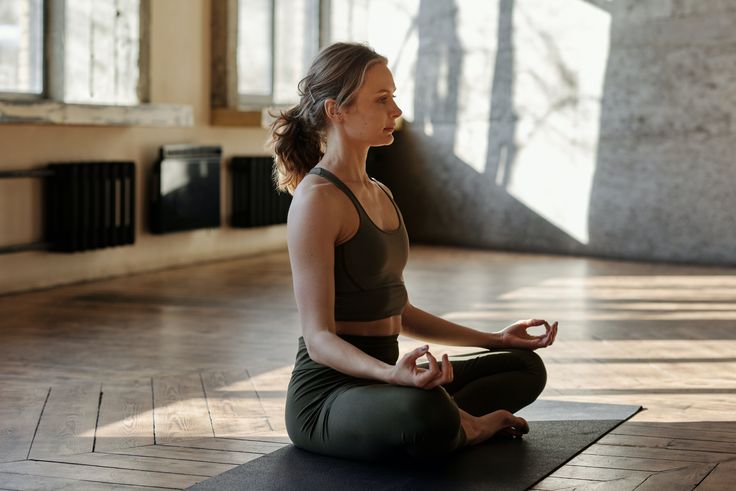
Volunteering For Healthy Aging, Think about this: Imagine being in your golden years, enjoying a cup of coffee at your favorite coffee shop while talking with a friend about how crazy retirement has become.
You feel like your life has meaning now that you help at a nearby community center, start a reading group, and start gardening. You are happier than ever, your days are full, and your mind is clear. Giving back might be the key to living a long life.
Science says so
It’s common sense to say things like “eat right, work out, and relax.” But what if I told you that giving is just as important for a long, healthy life as eating well, working out, and staying away from stress?
Research has shown that doing important things, like volunteering, has a big effect on both mental and physical health. Let’s look at why this is good for you and how it can help you.
Stress is sometimes referred to as the “silent killer” for very good cause. Chronic stress causes more inflammation, a key cause of age-related disorders like heart disease, diabetes, and Alzheimer’s. But nothing beats volunteering. Research indicates that participating in selfless acts decreases bodily inflammation markers and lowers cortisol, the stress hormone.
Giving your time to others causes your brain to release oxytocin, sometimes known as the “love hormone,” which helps to reduce stress and foster a feeling of tranquility.


Volunteering For Healthy Aging, Major risk factors for premature aging are loneliness and social isolation. Research indicates, in reality, that persistent loneliness is as damaging as smoking 15 cigarettes every day.
Volunteering keeps you involved with your community and helps to create social networks. Regular social engagement keeps your memory sharp and lowers the chance of dementia by strengthening neural networks.
Whether you’re volunteering at a food bank or mentoring young pupils, you’re not only meeting new friends; you’re also using your brain.
Staying in shape doesn’t need to be deadlifting 200 pounds or marathon running. Whether it’s wandering around an animal shelter, planting trees, or planning community events, many volunteer activities obviously keep you moving. As you get older, keeping muscular mass and joint health depends on movement; volunteering provides a pleasant, low-pressure approach to remain active.
Having a feeling of purpose is among the most neglected factors influencing longevity.
People in cultures with the longest-living populations think Okinawa, Japan, and Sardinia, Italy, maintain a strong feeling of connection and purpose well into their 90s and beyond.
Volunteering has been proven to lengthen life and lower the likelihood of sadness by providing you a purpose to rise in the morning.


Volunteering For Healthy Aging, Participating in volunteer projects calls for flexibility, communication, and critical thinking all of which assist to keep your mind busy.
Research indicates that elderly people who volunteer often have a decreased chance of cognitive decline and could possibly grow their brain size with time.
Learning new abilities and participating in important discussions promotes neuroplasticity, hence enabling your brain to create new connections and remain sharp.
Assisting others directly affects happiness and mood. Psychologists refer to this as the “helper’s high”, a rise in serotonin and dopamine levels producing a more pronounced sense of well-being. Volunteering gives one a natural method to feel happiness, thankfulness, and contentment, so enriching retirement as a stage of life.
Many volunteer positions call for physical activity, organized scheduling, and teamwork, all of which help to promote a better lifestyle.
Active participation in your community helps you to avoid sedentary behaviour and bad habits.
Furthermore, interacting with like-minded people usually results in good peer influence, so promoting improved eating practices, consistent exercise, and a proactive attitude to health.


Volunteering For Healthy Aging, From health concerns to the death of loved ones, aging has its fair amount of difficulties.
Volunteering helps people negotiate tough transitions by building emotional resilience through a coping tool.
Having a goal outside of oneself might help to offset emotions of grief, loneliness, and anxiety, therefore enriching the retirement years and balancing them emotionally.
Knowing that volunteering is a scientifically-supported longevity booster, how can you begin?
If it fits your interests, you are more likely to continue with volunteering. Do you love animals? Visit a nearby shelter. Love learning? Teach children. Like to garden? Community gardens are always in need of helping hands.
You need not promise hours every day. Begin with one or two monthly volunteer sessions and evaluate your feelings. Your well-being may be greatly affected even with a little dedication.
Company makes everything more enjoyable! Involve a friend or spouse. Alternatively, become a member of a community of like-minded retirees who share your passion for assisting others.
Websites such as Volunteer Match or local community boards often feature a range of volunteer possibilities. For those with mobility concerns, several companies even provide virtual volunteer positions.
Transform volunteer work into a social event. Carpool with friends, get a coffee following an event, or include it into a family custom.
Retirement implies changing emphasis to what really offers happiness and satisfaction; it doesn’t imply slowing down.
One of the most potent, scientifically supported methods to be physically, intellectually, and emotionally healthy is volunteering.
It gives a deep feeling of purpose, reduces stress, improves social ties, and keeps you active.
Why not then try it? The next time you want to add more meaning, and a little more time, to your life, think about helping others. You might discover that by assisting others, you are also assisting yourself.
